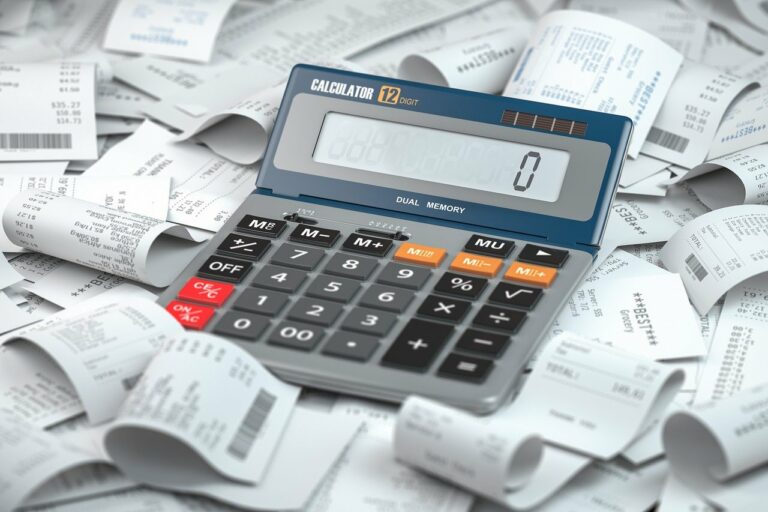The Role of Accountants in Regulatory Compliance: Allexchbet. Com, 99 exchange, Allpanel
allexchbet. com, 99 exchange, allpanel: Managing Business Tax Liabilities
Taxes are a necessary part of running a business, but they can often be a source of stress and confusion for many business owners. Properly managing your business tax liabilities is crucial to ensuring your financial health and compliance with the law. In this article, we will discuss some practical tips and strategies to help you navigate the complexities of business taxes and minimize your tax liabilities.
Understanding Your Tax Obligations
The first step in managing your business tax liabilities is to understand your tax obligations. Different types of businesses (sole proprietorships, partnerships, corporations, etc.) have different tax requirements, so it’s essential to know what applies to your specific situation. Consult with a tax professional or accountant to ensure that you are aware of all the taxes you are required to pay and any tax deductions or credits you may be eligible for.
Keeping Accurate Records
Accurate record-keeping is essential for managing your tax liabilities effectively. Keep detailed records of all your income, expenses, and receipts throughout the year, so you have the information you need to file your taxes accurately. Use accounting software or hire a bookkeeper to help you keep track of your financial information and ensure that you are in compliance with tax laws.
Planning Ahead
One of the most effective ways to manage your business tax liabilities is to plan ahead. Don’t wait until tax season to start thinking about your taxes – instead, regularly review your financial situation and make strategic decisions to minimize your tax liabilities. Consider consulting with a tax professional to create a tax planning strategy that takes advantage of available deductions and credits to reduce your tax burden.
Taking Advantage of Tax Deductions and Credits
There are many tax deductions and credits available to businesses that can help reduce their tax liabilities. Some common deductions include expenses for office supplies, travel, and professional services. Credits, such as the Small Business Health Care Tax Credit or the Research and Development Tax Credit, can also help lower your tax bill. Be sure to take advantage of all the tax breaks available to you to maximize your tax savings.
Paying Estimated Taxes
Many businesses are required to pay estimated taxes throughout the year to avoid penalties and interest charges. If you are self-employed or own a business that does not withhold taxes from your income, you may need to make quarterly estimated tax payments to the IRS. Consult with a tax professional to determine how much you should be paying in estimated taxes and ensure that you are meeting all the deadlines to stay in compliance with the law.
Seeking Professional Help
Managing business tax liabilities can be complex and overwhelming, especially for small business owners with limited resources. Consider hiring a tax professional or accountant to help you navigate the complexities of business taxes and ensure that you are taking advantage of all available tax breaks. A skilled tax professional can also help you develop a tax planning strategy tailored to your specific needs and goals.
FAQs
Q: How can I reduce my business tax liabilities?
A: There are several strategies you can use to reduce your business tax liabilities, such as taking advantage of tax deductions and credits, planning ahead, and paying estimated taxes.
Q: Do I need to hire a tax professional to help me with my business taxes?
A: While hiring a tax professional is not required, it can be beneficial for business owners who are unfamiliar with tax laws or have complex tax situations. A tax professional can help you navigate the complexities of business taxes and ensure that you are maximizing your tax savings.
Q: What should I do if I receive a tax audit?
A: If you receive a tax audit from the IRS, it’s essential to respond promptly and cooperate with the audit process. Consult with a tax professional to help you prepare for the audit and ensure that you are in compliance with all tax laws.
In conclusion, managing business tax liabilities is a crucial aspect of running a successful business. By understanding your tax obligations, keeping accurate records, planning ahead, taking advantage of tax deductions and credits, paying estimated taxes, and seeking professional help, you can minimize your tax liabilities and ensure your financial health. Remember to consult with a tax professional or accountant to help you navigate the complexities of business taxes and develop a tax planning strategy that works for you.







